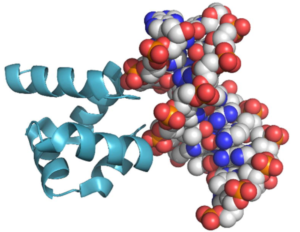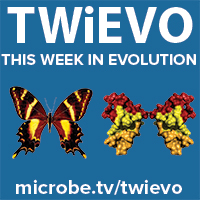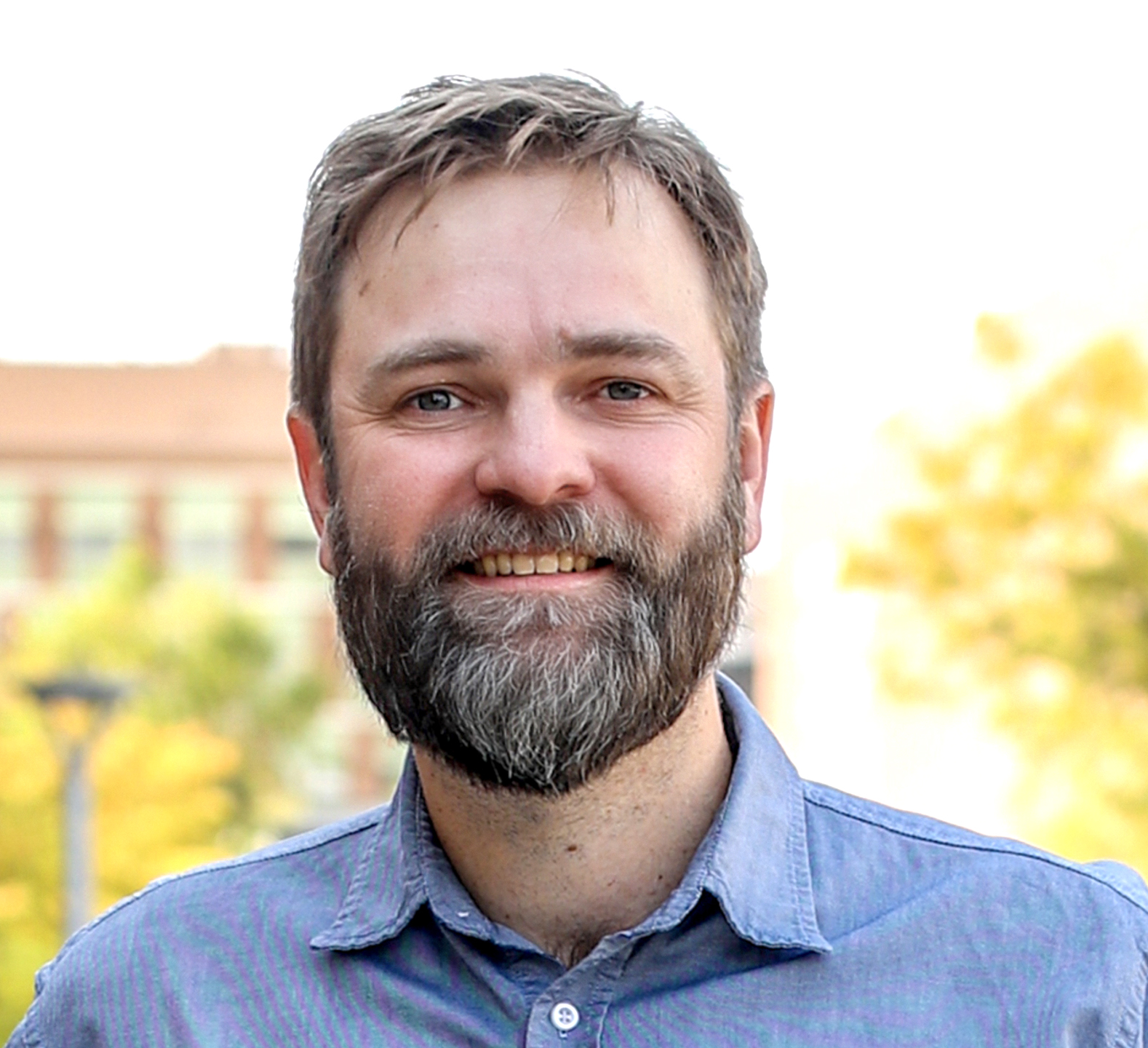
Nels and Vincent dive deep into evolution and consider how new proteins emerged billions of years ago, when there were no other proteins to serve as starting material.
Hosts: Nels Elde and Vincent Racaniello
Click arrow to play
Download TWiEVO 51 (43 MB .mp3, 71 min)
Subscribe (free): iTunes, Google Podcasts, RSS, email
Become a patron of TWiEVO
- Primordial emergence of a nucleic acid binding protein (bioRxiv) 7:48
- Tawfik laboratory 11:03
- Image credit
- Letters read on TWiEVO 51 48:08
- Time stamps by Jolene. Thanks!
Science Picks 1:01:10
Nels – Universal principled review
Vincent – Hostile Planet by National Geographic
Listener Pick
Courtney – Nightwish Endless Forms Most Beautiful and Shudder Before The Beautiful
Music on TWiEVO is performed by Trampled by Turtles
Send your evolution questions and comments to twievo@microbe.tv




Dear Nels, Vincent,
What a nice surprise! It’s truly moving to see that work in an area that is not so trendy, or has immediate applications, is attracting attention. It’s also a huge boost of moral to the people who did the work, foremost the first two authors, Liam and Dragna.
Few points:
• The 10^(-11) likelihood of emergence is not our own estimation, but rather the result of an experiment coming from Jack Szostak’s lab where they selected an ATP-binding protein from a library of random peptides.
• The hypothesis that proteins emerged by duplication and fusion of short polypeptide goos back to Margaret Dayhoff – the mother of bioinformatics, a real giant.
• The idea of primordial proteins being made of abiotic amino acids, including ones that are no longer seen in modern proteins, and statistical, i.e., mixtures of related sequences, comes from no other than Karl Woese (atking about giants).
Tnx! and I look forward to hearing your next podcast.
Dan
Hello. This experimental evolution work is pretty fascinating, I hope you revisit it now and then.
You were asking about origin-of-life books so I will recommend “The Origin and Nature of Life on Earth: The Emergence of the Fourth Geosphere” (2016) by Eric Smith and Harold Morowitz. They are physicists and approaching the problem from a somewhat different perspective.
Here is a presentation by Eric Smith from a year before the book came out:
https://youtu.be/0cwvj0XBKlE?t=271
Thanks for doing these podcasts,
Chris